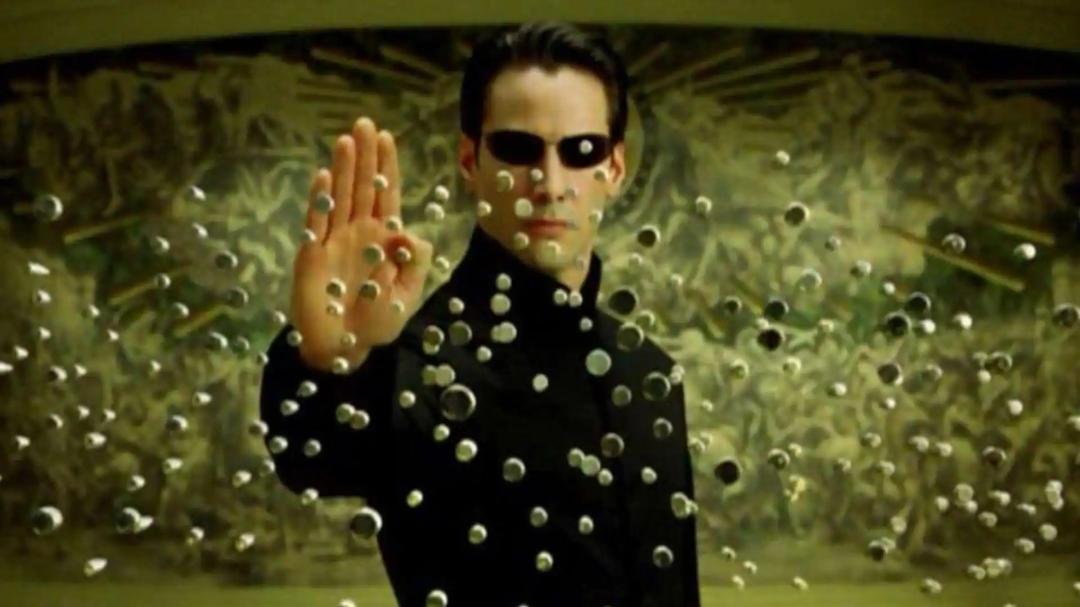
Physicists prove universe isn’t a computer simulation like in ‘The Matrix’
The concept of the universe being a computer simulation, popularized by the iconic sci-fi movie “The Matrix,” has been a topic of debate among physicists and philosophers for years. However, a recent study by physicists from the University of British Columbia Okanagan (UBCO) has mathematically proved that the universe is not a computer simulation. According to a press release, the researchers have shown that the universe is built on “a type of understanding that exists beyond the reach of any algorithm.”
The idea that the universe could be a computer simulation was first proposed by philosopher Nick Bostrom in 2003. He argued that if a civilization were to develop a realistic simulation of reality, it would likely create multiple simulations, leading to an infinite number of simulated universes. This idea sparked a heated debate among scientists and philosophers, with some arguing that it is impossible to prove or disprove the idea, while others attempted to find evidence for or against it.
The UBCO study, however, takes a different approach. The researchers, led by co-author [Name], have developed a mathematical framework that shows that the fundamental laws of physics cannot be contained within space and time. “Fundamental laws of physics cannot be contained within space and time, because they generate them,” [Name] said. This means that the laws of physics are not limited by the constraints of space and time, but rather, they create and shape these constraints.
The implications of this study are profound. If the universe is not a computer simulation, then it means that the laws of physics are not just a set of rules programmed into a computer, but rather, they are an intrinsic part of the fabric of reality. This challenges the idea that the universe can be reduced to a set of algorithms and computational processes, and instead, suggests that there is a deeper, more fundamental level of understanding that underlies the universe.
The study also raises interesting questions about the nature of reality and our place within it. If the universe is not a simulation, then what is its ultimate nature? Is it a deterministic system, governed by fixed laws and rules, or is it a more dynamic and flexible system, with an inherent degree of uncertainty and randomness?
The researchers’ mathematical framework provides a new perspective on these questions, suggesting that the universe is built on a type of understanding that exists beyond the reach of any algorithm. This understanding is not based on computational processes, but rather, on a deeper, more fundamental level of reality that underlies the laws of physics.
The study’s findings have significant implications for our understanding of the universe and its workings. If the universe is not a computer simulation, then it means that we need to rethink our approach to understanding the laws of physics and the nature of reality. We need to move beyond the idea that the universe can be reduced to a set of computational processes, and instead, explore the deeper, more fundamental level of understanding that underlies the universe.
In conclusion, the UBCO study provides strong evidence that the universe is not a computer simulation, like in “The Matrix.” The researchers’ mathematical framework shows that the fundamental laws of physics cannot be contained within space and time, and instead, generate these constraints. This challenges the idea that the universe can be reduced to a set of algorithms and computational processes, and suggests that there is a deeper, more fundamental level of understanding that underlies the universe.
As we continue to explore the nature of reality and the universe, we may uncover even more surprising and profound insights. The UBCO study is an important step in this journey, providing a new perspective on the ultimate nature of reality and our place within it.






